Fourth Sunday of Lent
Fr. Ray Finch has served as a missioner in the Andean regions of Latin America for many years, most recently in Bolivia.
From Cambodia to El Salvador, Bangladesh to Tanzania, Maryknoll missioners accompany people and communities affected by poverty and extreme poverty.
Based on our belief that each person is both sacred and social, created in God’s image, and destined to share in the goods of the Earth as part of a community of justice and mercy, we hear the cry of the poor and we are called to respond. From the time of the Old Testament to today, we recognize poverty as a common result of unjust oppression of those forced to live on the margins, prohibited from participating in society. We listen to our suffering brothers and sisters and we hear echoes of God’s frequent warnings to the Israelites in the Book of Exodus, of their duty to care for those who are poor, powerless, and excluded by society.
Embracing this duty, we advocate for social and economic change, to eliminate the roots causes of poverty found in unjust economic structures. We promote the globalization of solidarity, the enhancement of inclusive human security, and development that is rooted in social justice and ecological sustainability.
Maryknoll Leadership Statement: Trading in justice: The local impact of global economic decisions
WEBINAR: U.S. Trade Policy – Putting People and Planet First
PRAYER: Virtual Good Friday Way of the Cross for Economic and Ecological Justice
POLICY BRIEF: End the Pandemic Through Global Vaccine Access
SPECIAL PROGRAM: Integral Ecology Program
NEWSLETTER: Encounters Where Faith, Economy, Ecology Meet
PRESS STATEMENT: Faith communities call for a new trade model
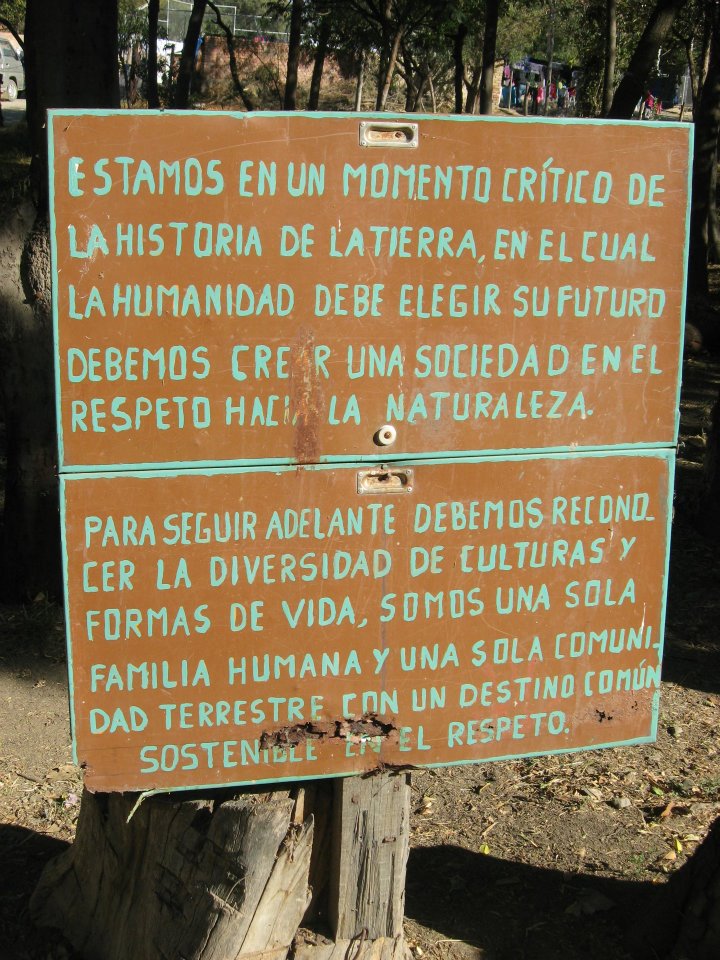
Fr. Ray Finch has served as a missioner in the Andean regions of Latin America for many years, most recently in Bolivia.

The Maryknoll Office for Global Concerns signed on to this letter to Senate and House leadership on the 2014 Farm Bill.

The following alert is circulated by Witness for Peace.
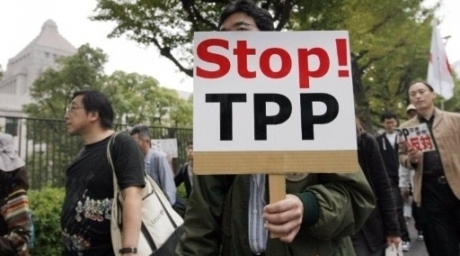
The following petition is circulated by Public Citizen.
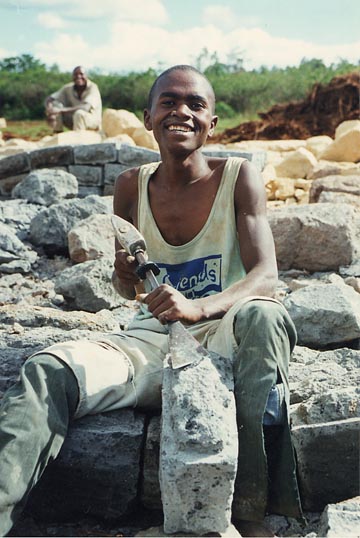
The following article was published in the January-February 2014 NewsNotes.

Jason and Felicia Gehrig lived with their children as lay missioners in Bolivia.
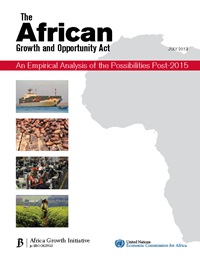
“The African Growth and Opportunity Act: An Empirical Analysis of the Possibilities Post-2015” was produced by the Economic Commission for Africa (ECA) and the Africa Growth Initiative (AGI) at the Brookings Institution.
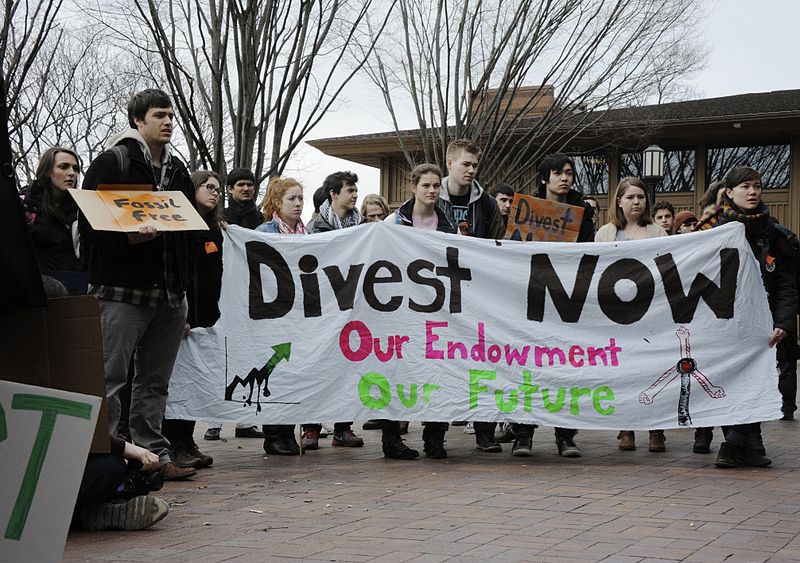
Cathy Rowan has written dozens of articles over the years for NewsNotes on corporate accountability; she contributed the following piece for the November-December 2013 issue.

The following article appeared in the November-December 2013 NewsNotes.
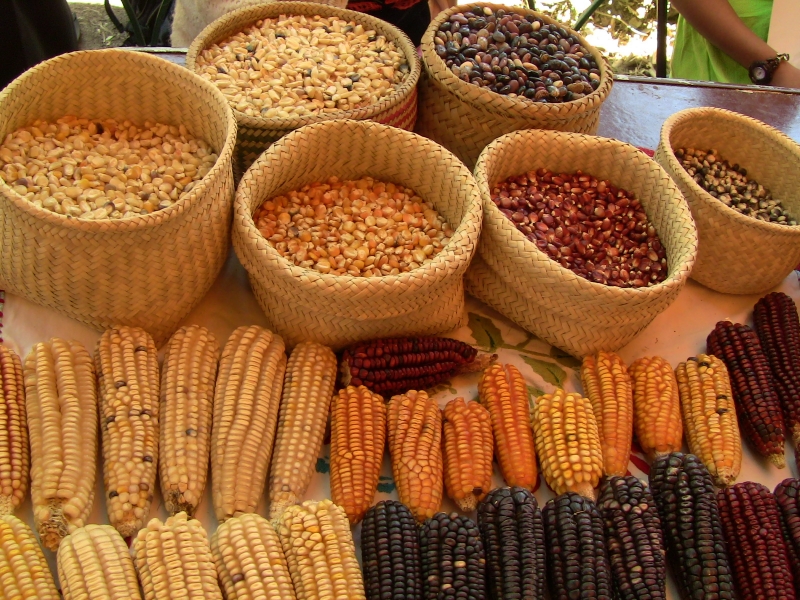
The following report was written by our colleague Njoki Njoroge Njehu, executive director of the Daughters of Mumbi Global Resource Center in Nairobi, Kenya.
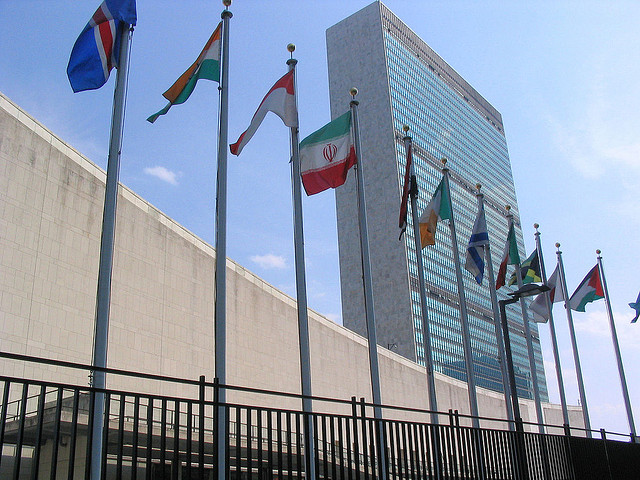
The following article was published in the November-December 2013 NewsNotes.
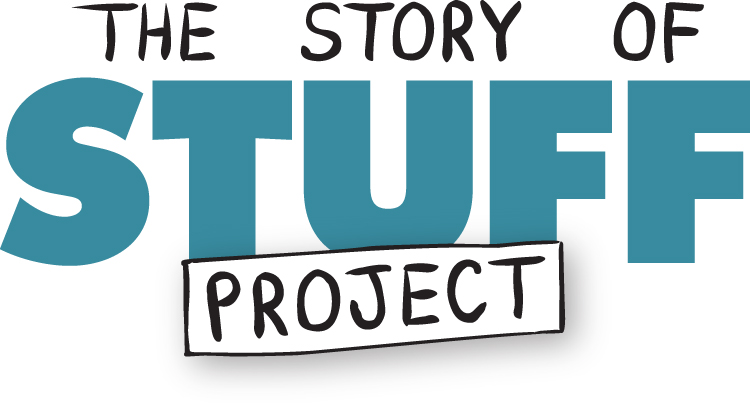
The following piece was published in the November-December 2013 NewsNotes.

The following article appeared in the November-December 2013 NewsNotes.

Dave Kane wrote the following update on Brazil’s debt for the November-December 2013 NewsNotes.

The November-December 2013 NewsNotes includes a report on Brazil’s debt, reflections on the World Food Prize and Pope Francis, and an update on Cambodia, among other topics.

On Tuesday, October 15, more than 30 national faith-based organizations, including the Maryknoll Office for Global Concerns (MOGC), endorsed a statement directed to the U.S. Congress, urging the legislative body “to place shared democratic values above short term political expediency, exercise the courage to fund our nation’s government, raise the debt limit without preconditions and get back to work on a faithful budget that serves the common good.”
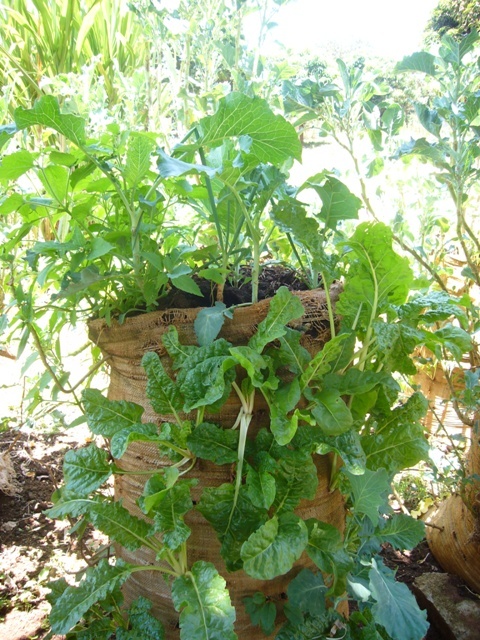
“Stop policies that foster hunger,” urge advocates.
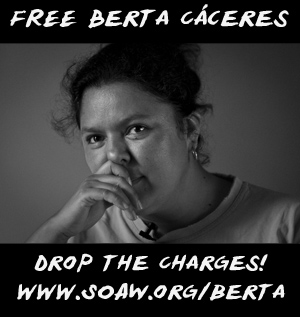
The following alerts are circulated by SOA Watch and the International Labor Rights Forum.